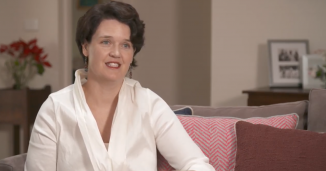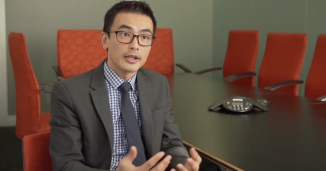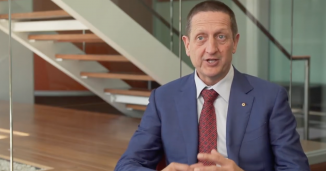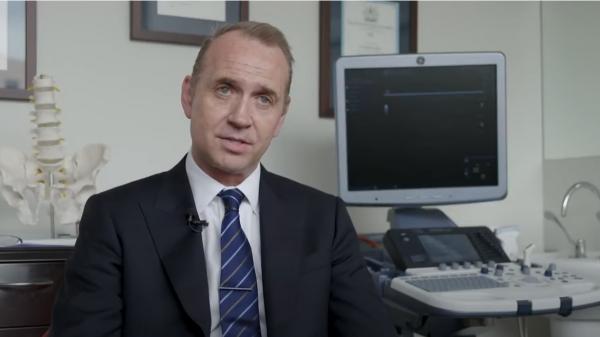Maintaining a positive attitude
View transcript
Ray Paulley
Psoriatic Arthritis
I know there’s an old saying that says, ‘when you’re going through hell, keep on going.’ You must do that because you might not be going through hell but you’re going through a lot of pain. And the only way you’re going to come out the other side is to keep on going and keeping on keeping on is what we might call persistence and that’s what you need. But not persistence alone. You need persistence coupled with I think two other qualities. They are patience and optimism. I find that patience and optimism are two wonderful virtues because if you are patient and you’re willing to keep on persisting, that the optimism will come in that you’re going to come out the other side. And that’s what happened to me.
Wendy Favorito
Rheumatoid arthritis
And there are great medications available now. There’s a lot more known about the disease. There’s good support through Allied Health that with a good positive psychological approach to it, good pain management, it’s a disease that doesn’t have to beat you and it’s certainly not a disease that has to define who you are.
Dr. Marina Kang
General Practitioner
In my experience with any chronic condition and with rheumatoid arthritis, psoriatic arthritis, ankylosing spondylitis, the patient needs to understand the condition in their terms. In being able to understand the impact on their lives individually and not based on someone else’s history and not based on someone else’s information. Then they need to be able to use that information that they’ve gained for themselves to take on a positive approach to their condition with the aid of the other healthcare providers. So then they take ownership of that condition and can make it really work with their medication, with their non-medication treatments, and with all the other healthcare professionals supporting them.
Suzie Edward May
Member, Arthritis Australia National Consumer Reference Group (rheumatoid arthritis)
Author of ‘Arthritis, pregnancy and the path to parenthood’
I think people have a choice. They can choose to be a victim to their illness, to their health, to the challenges that come into their lives. Or they can choose to be empowered by them. They can choose to educate themselves about their illness and choose to live the best possible way they can with as much support as they can.












